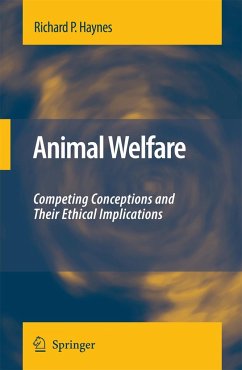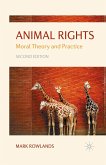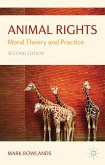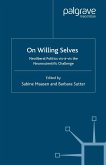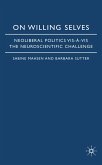Members of the "animal welfare science community", which includes both scientists and philosophers, have illegitimately appropriated the concept of animal welfare by claiming to have given a scientific account of it that is more objectively valid than the more "sentimental" account given by animal liberationists. This strategy has been used to argue for merely limited reform in the use of animals. This strategy was initially employed as a way of "sympathetically" responding to the abolitionist claims of anti-vivisectionists, who objected to the use of animals in research. It was subsequently used by farm animal scientists.The primarily reformist (as opposed to abolitionist) goals of this community make the false assumption that there are conditions under which animals may be raised and slaughtered for food or used as models in scientific research that are ethically acceptable. The tendency of the animal welfare science community is to accept this assumption as their framework of inquiry, and thus to discount certain practices as harmful to the interests of the animals that they affect. For example, animal welfare is conceptualized is such a way that death does not count as harmful to the interests of animal, nor prolonged life a benefit.
From the reviews: "Remarkably well-researched, philosophically reflective, and thought-provoking book ... . The value of Haynes's book lies in its superbly documented insistence that it is morally incumbent upon us to expropriate animal welfare from the narrow and self-serving definition widely disseminated by the animal science welfare community ... . Richard Haynes has written a genuinely important book on the ethics of human/animal relations ... ." (David Hoch, Journal of Agricultural and Environmental Ethics, Vol. 22, 2009)

